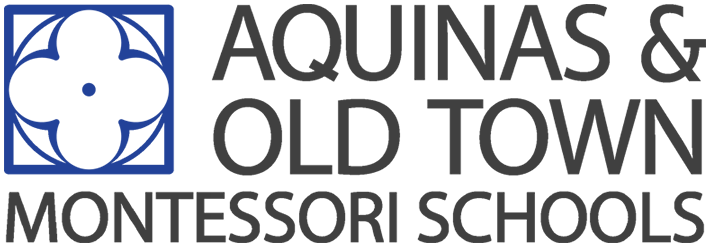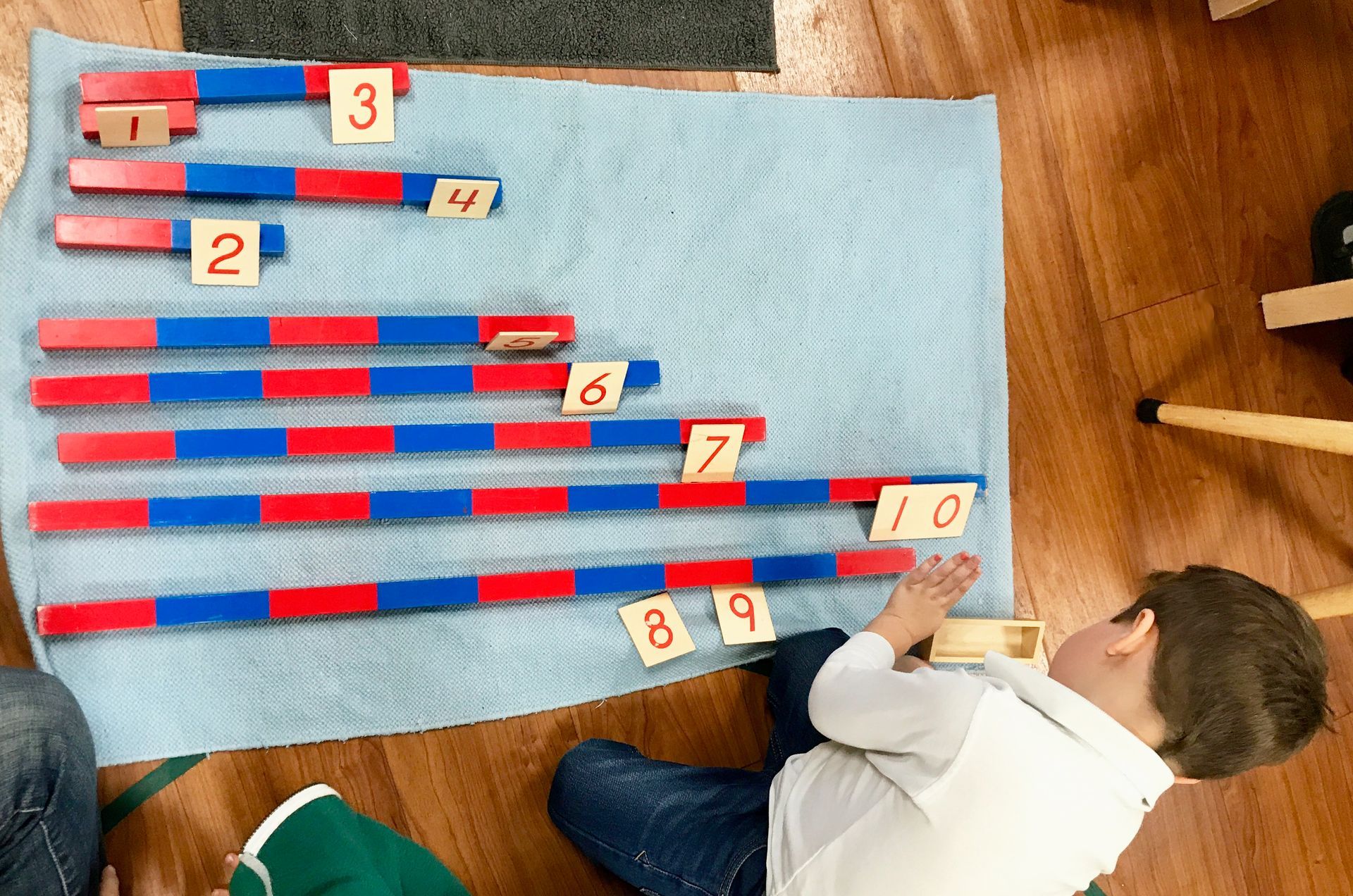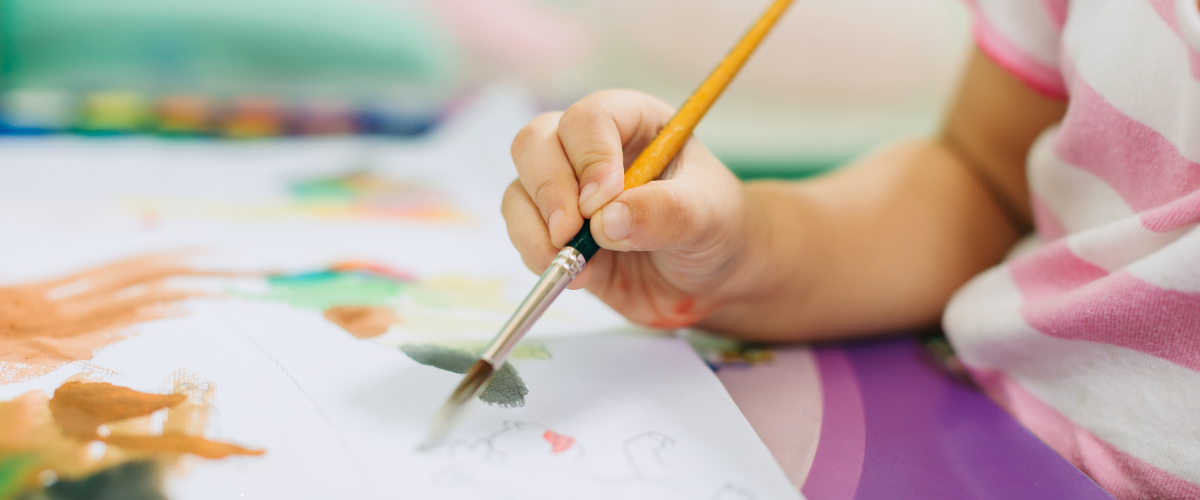What's So Cosmic about Montessori Elementary?
Exploring the Montessori Elementary Curriculum: Cosmic Education
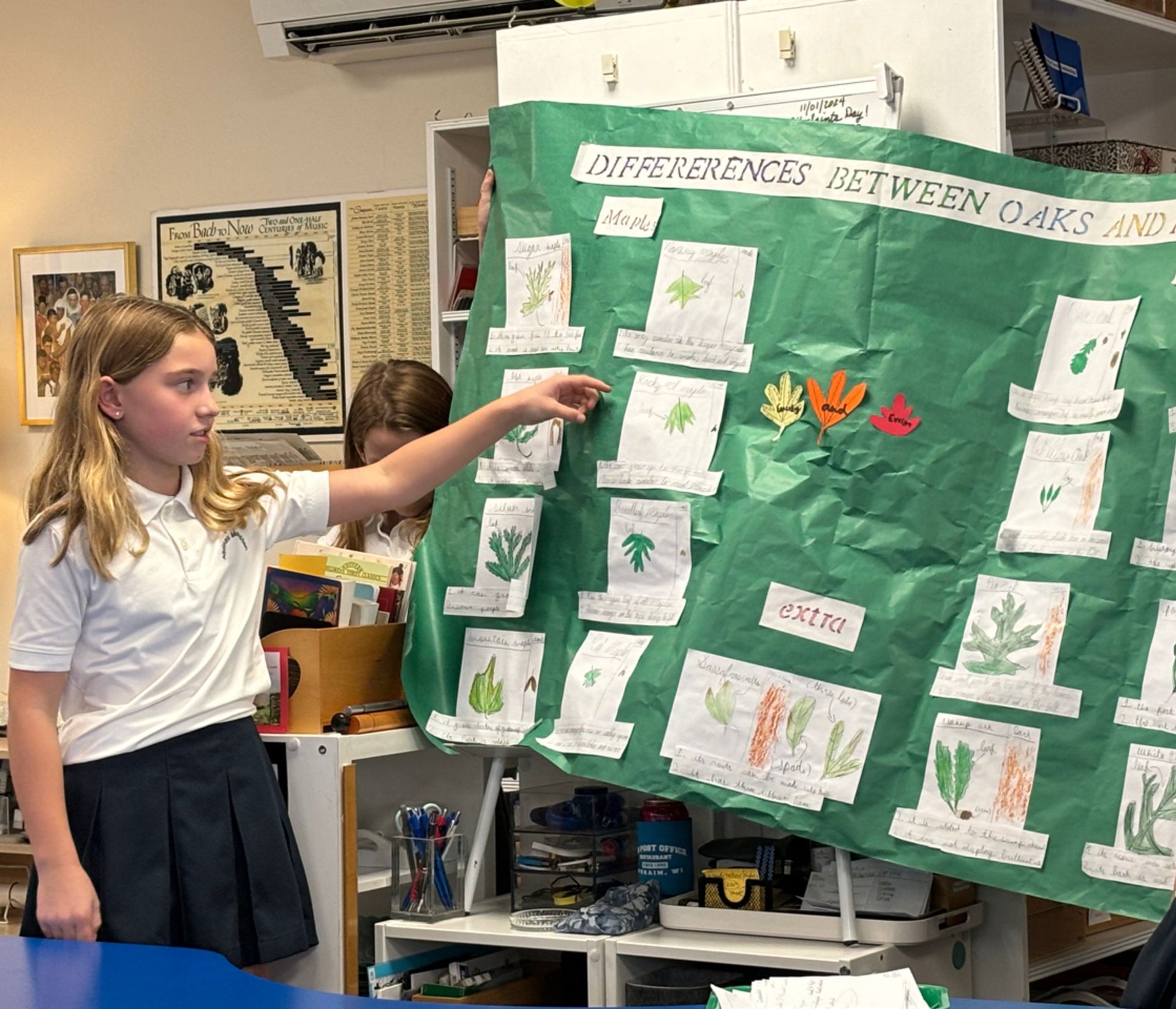
Picture this: Your child, the intergalactic explorer, embarking on a journey through the cosmos of knowledge. Montessori Cosmic Education is like handing children a cosmic passport, so instead of just learning math, science, and language separately, we’re helping them to weave together the ultimate tapestry of interconnected wisdom.
The Montessori elementary curriculum kicks off with the Great Lessons, which serve as the foundational and awe-inspiring stories that jump start the academic year in Montessori elementary classrooms. These lessons are designed to ignite children’s curiosity, stimulate their imagination, and provide them with a broad, interconnected view of the universe, the development of life on Earth, the history of language and numbers and mathematics. The Great Lessons encourage critical thinking by posing big questions and challenges. Children are prompted to reflect on the mysteries of the universe and develop their own understanding. This fosters a habit of questioning, investigating, and seeking answers—a crucial aspect of the Montessori approach.
In Montessori Elementary classrooms, it’s not just about memorizing facts; its about exploring the universe of knowledge. Students dive into long-term projects like detectives, researching and finding answers to questions, synthesizing information they discover, and sharing it through reports and presentations with their classmates. Children learn teamwork, collaboration, and conflict resolution in our mixed aged classrooms.
Key Features of the Montessori Elementary Program
Interdisciplinary Curriculum
Montessori Elementary uses a curriculum that integrates various subjects, moving away from traditional subject compartmentalization. The curriculum is designed to show the interconnectedness of knowledge and to reflect the unity of the universe.
Three Year Cycles
Similar to the Primary program, the Montessori Elementary program is organized into three-year cycles. The mixed-age classrooms provide continuity and allow for deeper relationships to develop among students and between students and teachers.
Exploration and Research
The Montessori Elementary program emphasizes the importance of exploration and research. Students are encouraged to pursue their interest in-depth, often through long-term projects and group work. This approach supports the development of critical thinking and problem-solving skills.
Practical Life Skills
Practical life skills remain an essential component of the Montessori Elementary program. However, the focus may shift to include activities that contribute to the functioning of the larger community, such as, group cooking and community service projects. Students also interact with the larger community through field trips and going out to neighborhood shops, museums, and other cultural spots to complete their projects and research.
Cultural Subjects
Cultural subjects, including geography, history, biology and other sciences are studied in-depth. The goal is to provide students with a comprehensive understanding of the world and their place in it.
Development of Social Skills
The mixed-age setting encourages older students to mentor younger ones, fostering a sense of responsibility and leadership. Collaboration and social skills are further developed through group projects and activities.
Freedom and Responsibility
Montessori Elementary programs continue to promote a balance between freedom and responsibility. Students have the freedom to choose their work, but this choice comes with the responsibility to manage their time and contribute to the community.
Montessori Elementary programs are designed to foster a love of learning, a sense of purpose, and a deep understanding of the interconnectedness of the world. Through a holistic and child-centered approach, Montessori education aims to prepare students not only academically but also socially and emotionally for a lifetime of learning and engagement with our ever changing world.
